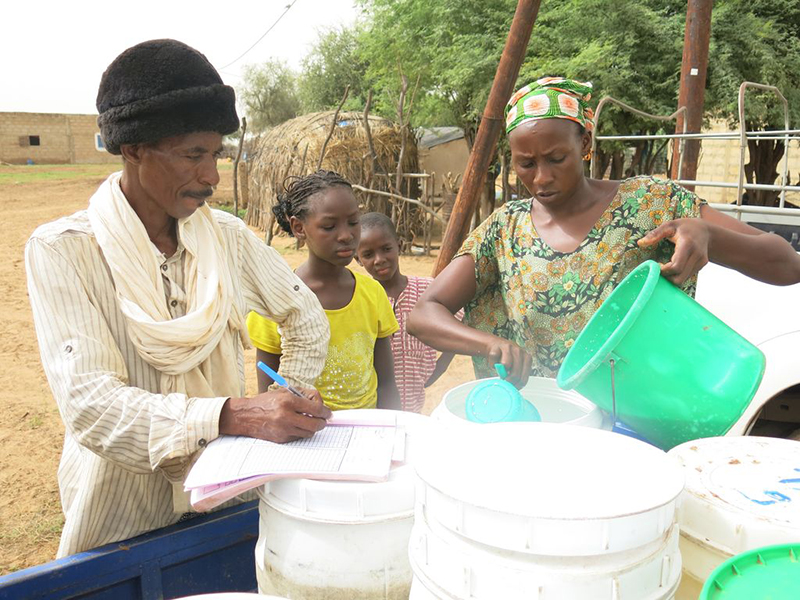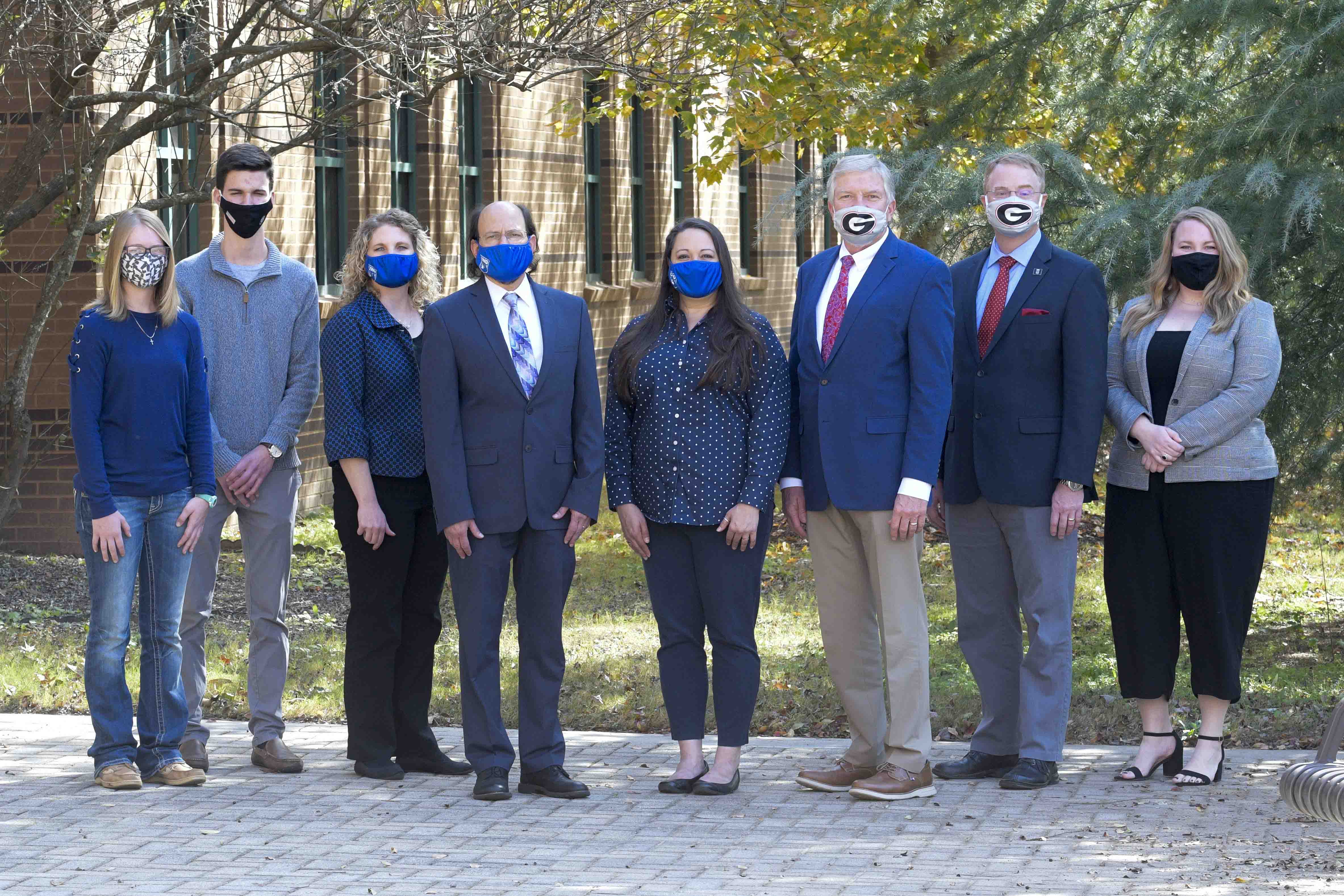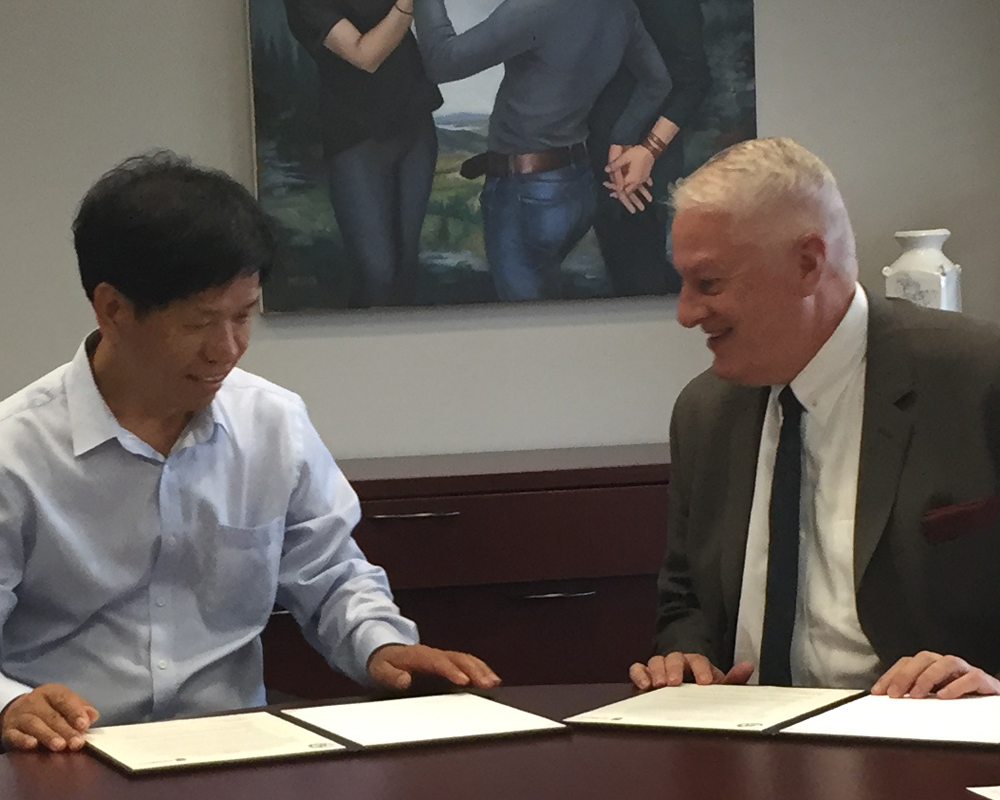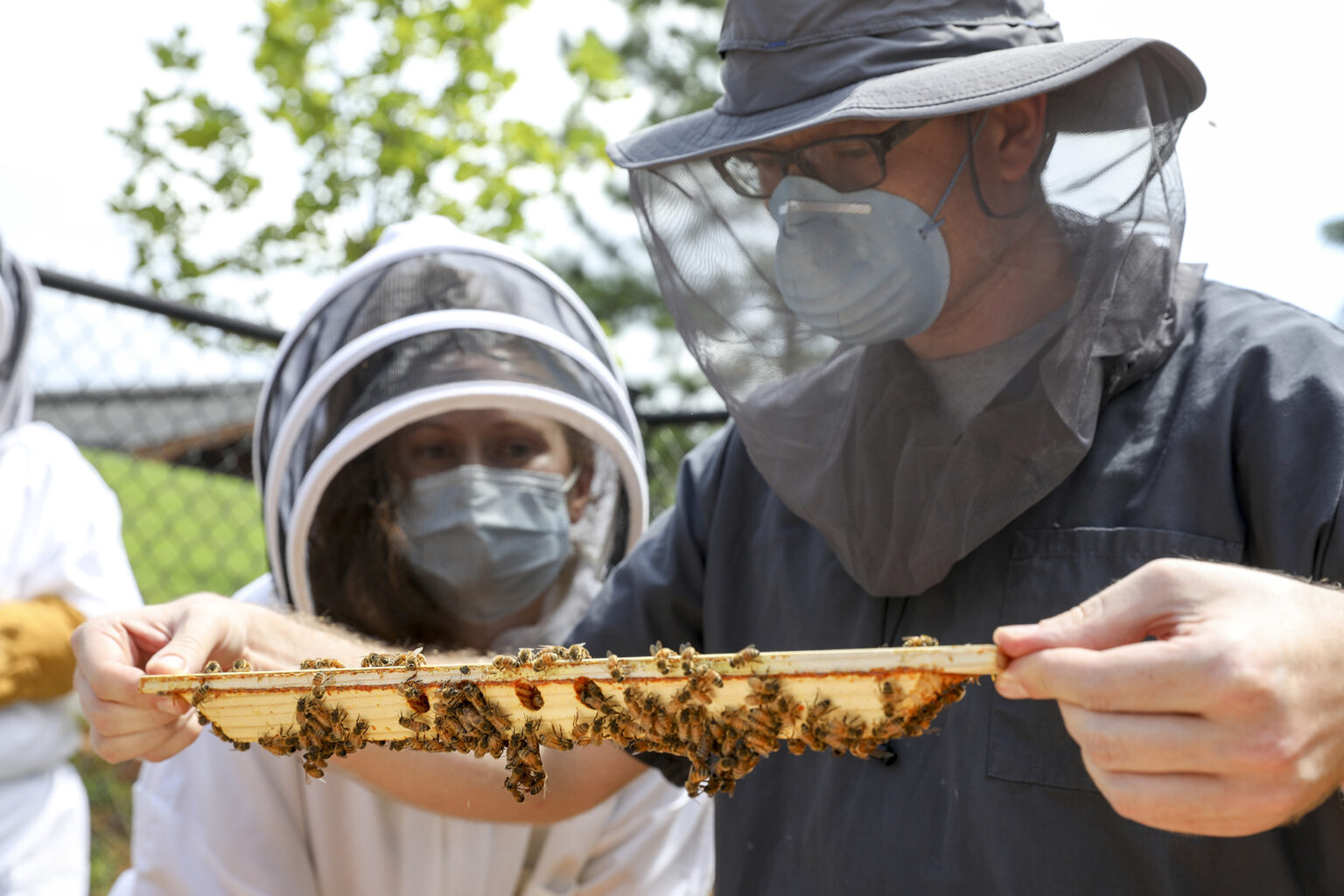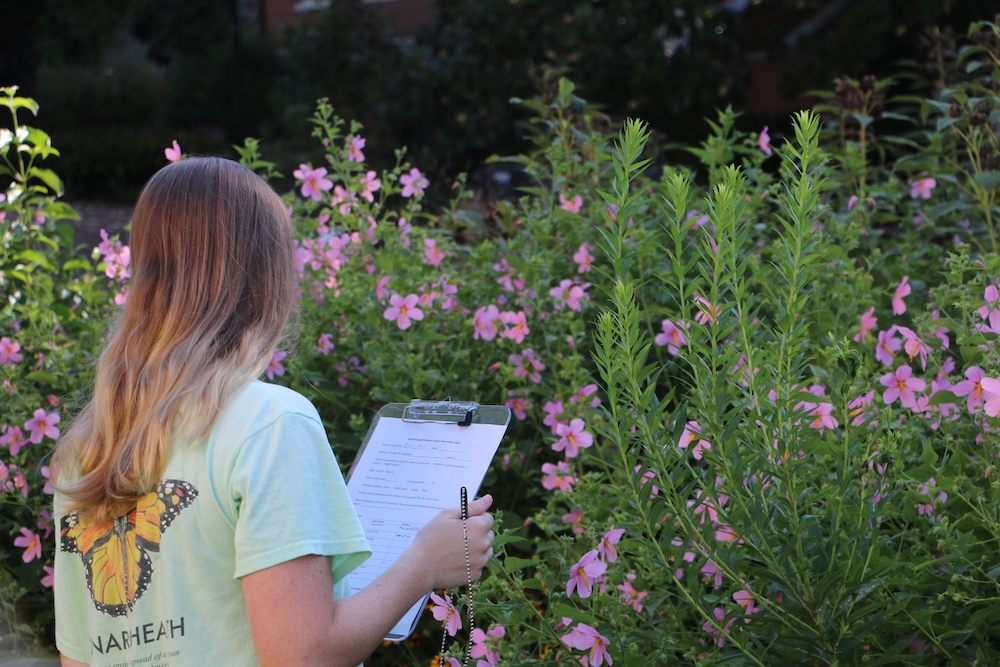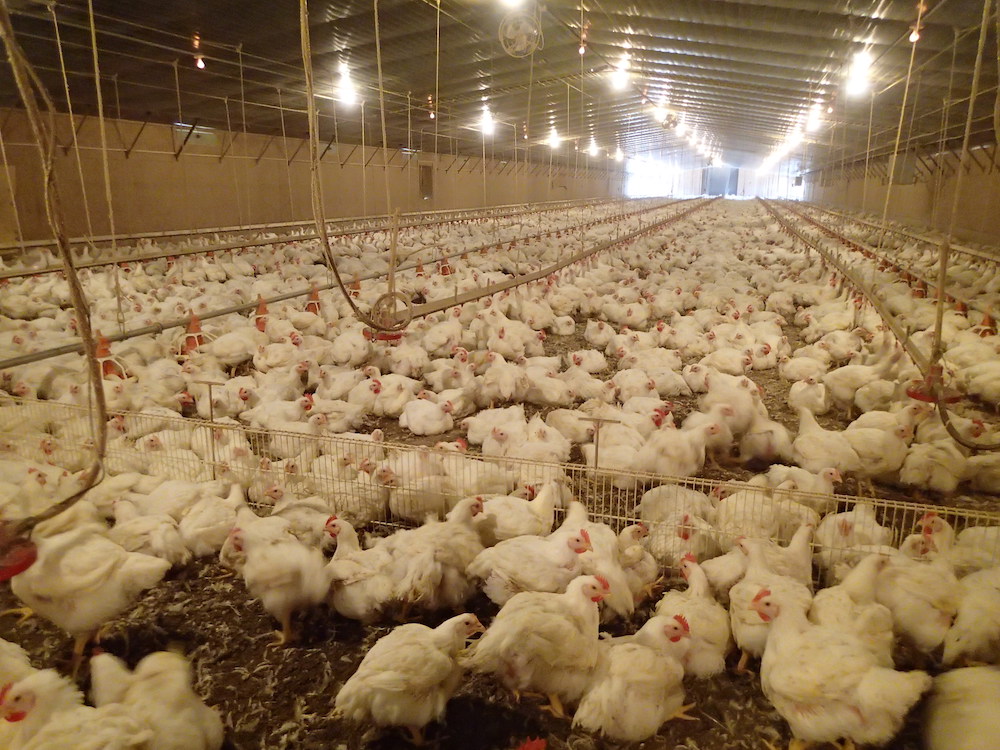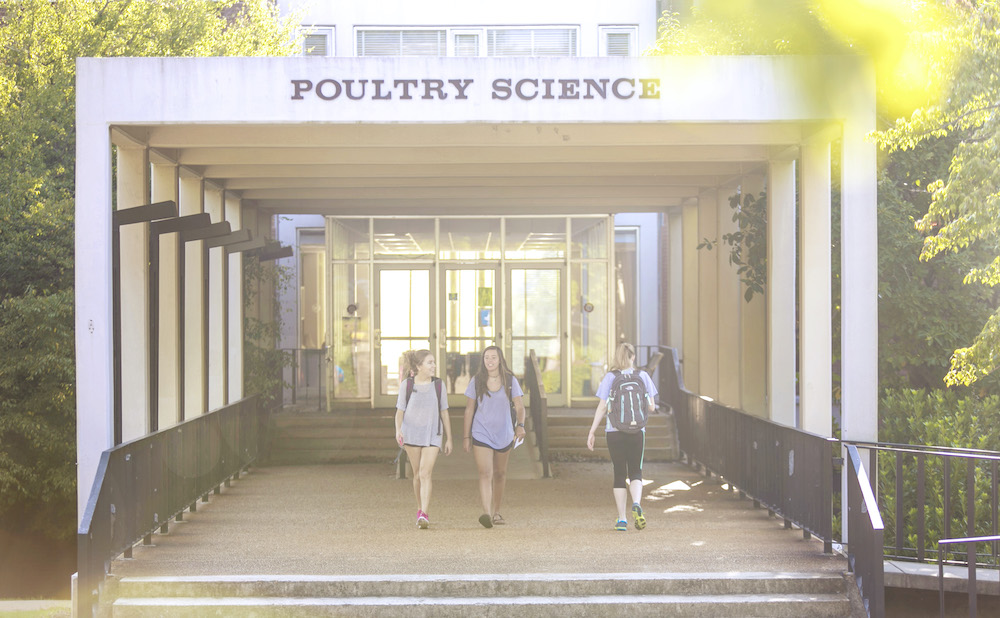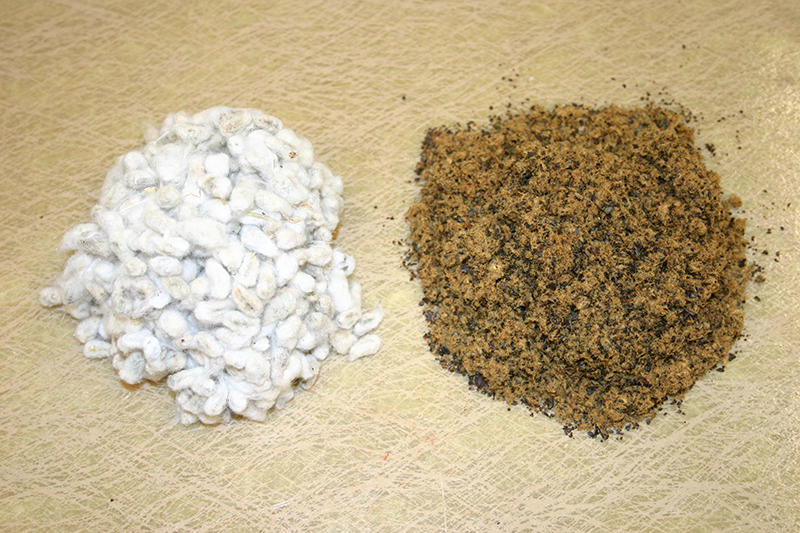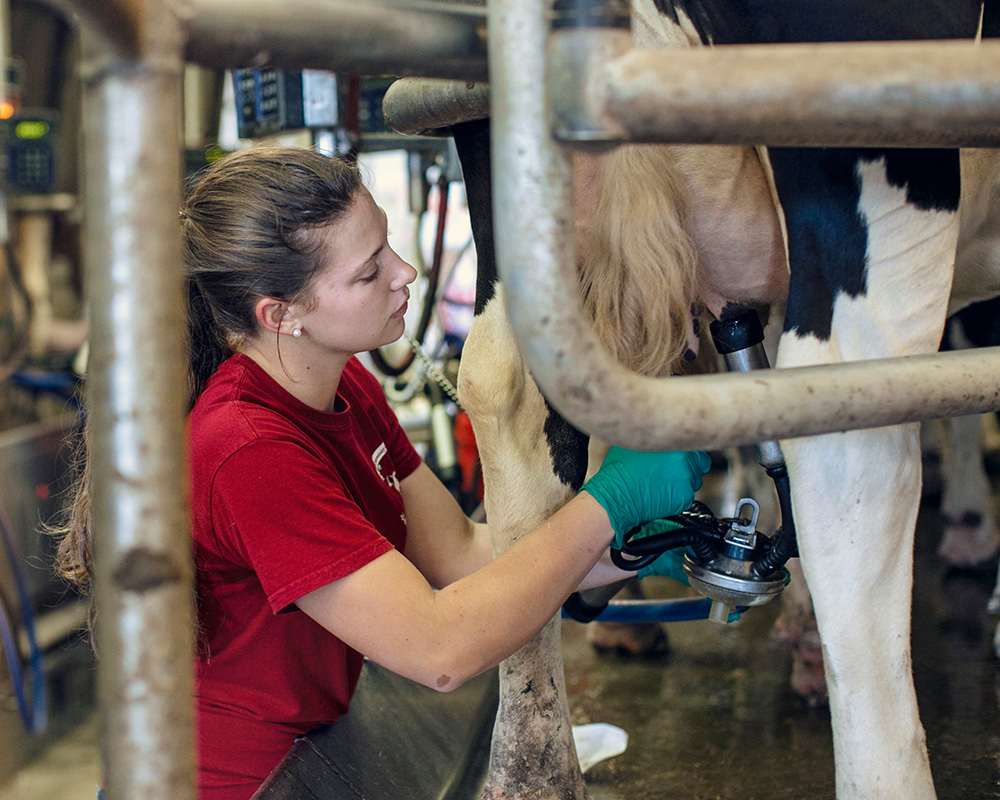 CAES News
CAES News
Industry Needs
By 2050, the animal and food industry will need to be able to feed a world with a projected population increase of 2.1 billion. With the help of industry and academic experts, University of Georgia researchers identified the most pressing issues for the animal and food industry.

